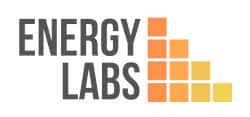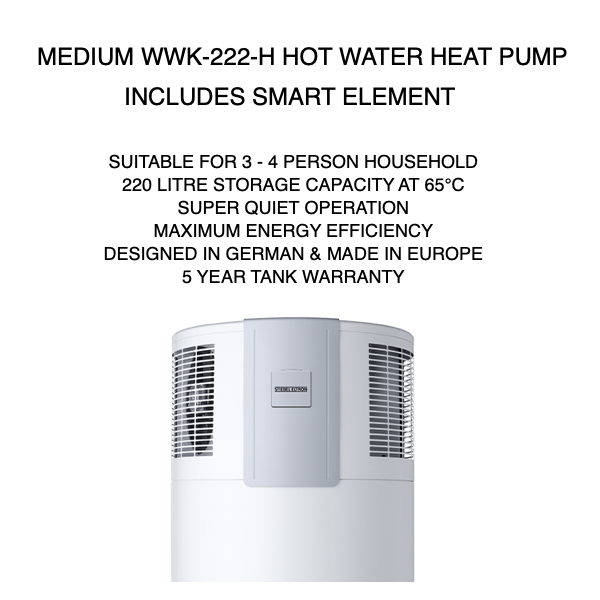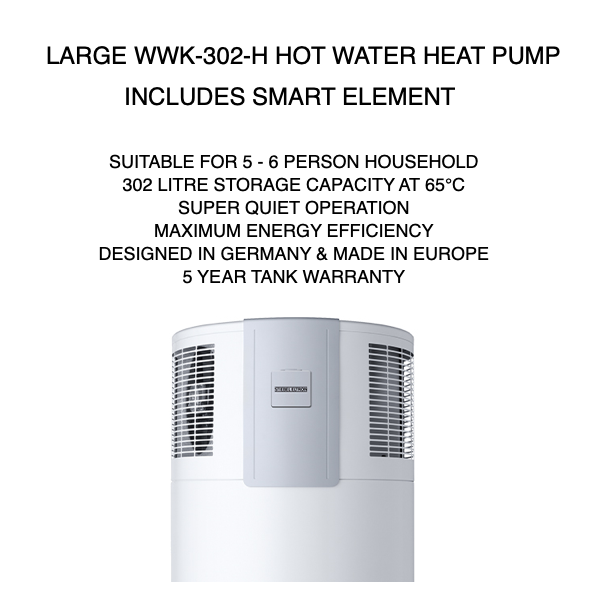Hot Water Heat Pumps
Most people don't realise that hot water heating is one the biggest domestic consumers of electricity in Australia and throughout the world (the properties of water mean it's super useful, but it takes a lot of energy to heat it up). But installing a heat pump can quickly and easily reduce your energy consumption (saving you $$$), while also providing consistent hot water and reducing the load on the environment.
But how do heat pumps extract heat from the air... and why are they energy efficient?
Often they're described as fridges that operate in reverse - and this this is true - but it doesn't really help you understand how it works. We can also tell you about compressors, condensers, evaporators, and expansion valves - but that doesn't help either.
But here's another way to think about it: the heat pump gathers a large volume of low temperature heat, and concentrates it into a small volume of high temperature heat.
Let's imagine the outside air is at 10°C - which you and I don't consider very warm - but the heat pump happily does its job extracting 8°C of heat from the air. So the air enters the heat pump at 10°C, and comes out the other side at 2°C. The trick here is the volume of air it extracts the heat from... It churns through over 150 litres per second of air, which is a little over 9,000 litres a minute, which over an hour is 550,000 litres of air that passes through.
Now let's assume there is 300 litres of water inside the heat pump tank. Over an hour of the heat pump working it would pass 550,000 litres of air (and extract the 8°C of heat from it), and the 300 litres of water in the heat pump will also heat the water by approximately 6°C. "So what's the big deal" you're thinking... 8°C is taken from the air, and 6°C is gained in the water. But notice the huge difference in volume between the air and the water. Low temperature heat is extracted from 550,000 litres of air in an hour... High temperature heat is added to 300 litres of water... that's a 1833x difference in volume. And that's the trick to how heat is harvested and concentrated from the air and is used to create hot water... it is 'pumped' from a large environment (the air) to another small environment (the tank water) and concentrated. (Note: this is an extremely simplified explanation of the process, there are other factors involved and conditions to be considered... but it helps us to broadly understand how the 'magic' happens)
The harvesting and concentration process of the heat pump is also the secret to its high efficiency.
When you consider an electric hot water unit (or even a kettle), the energy from the electricity is simply converted into heat energy. This happens at around a 99% efficiency level, where if we supply 1.0kW of electricity, we would end up with 0.99kW of heat being emitted from the electrical heating element into the water (almost 1:1, but there are some losses through the element resistance). So we can see there is a direct relationship between the amount of electricity you input that then determines the amount of heat that can be output into the water.
Whereas the heat pump does not rely on converting electricity directly into heat. It gains 3/4 of the heat from harvesting and concentrating the heat from the air. About 1/4 of the heat is gained from the conversion of electrical input into heat from the compressor working (just like your vacuum cleaner motor gets hot after a while). So therefore you are getting 4/4 units of heat for the cost of 1/4, and this results in an efficiency of 400%.
This efficiency (or as it's termed with heat pumps, Coefficient Of Production - COP) is not always the same for a heat pump - it changes from brand to brand, and even from day to day according to the weather... but we can think of it as simply being determined by 3 main factors:
- The temperature of the air that it's harvesting heat from (it's easier to harvest heat from 20°C air than from 5°C air)
- The temperature of the water being produced (it's easier to concentrate heat and produce 35°C water than 60°C water)
- The heat pump itself (the build, components, refrigerant type, etc.)
Hot Water Heat Pumps are great for:
- New builds that want energy efficient hot water (compared to traditional gas or electric)
- Existing buildings that want to decrease their energy bills (by replacing the existing hot water unit)
- Buildings where there is solar PV power production that can be used by the heat pump (and therefore reducing your energy bills even further)
EnergyLabs offers you ready to go installation kits - making it easy for you to install and get your hot water system up and running:
MEDIUM heat pumps are suitable for households with 3 - 4 occupants
LARGE heat pumps are suitable for households with 5 - 6 occupants
Both Medium and Large 'H' models include a 'smart element' which is used automatically as an emergency backup booster should your house ever need it.
Standard models do not include a 'smart element'.
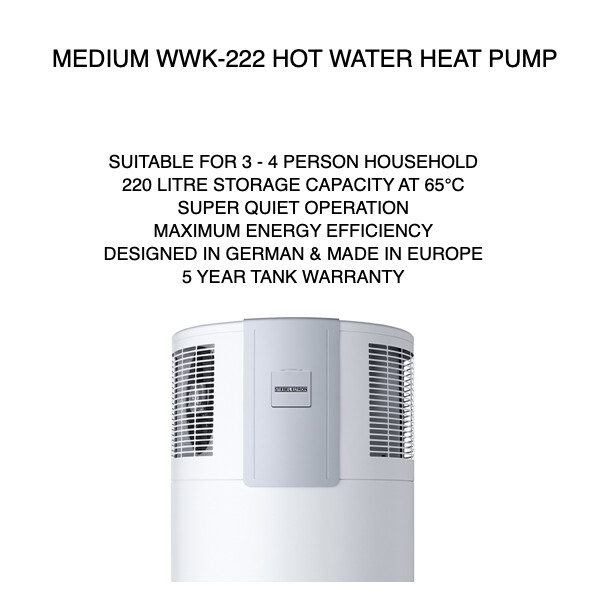
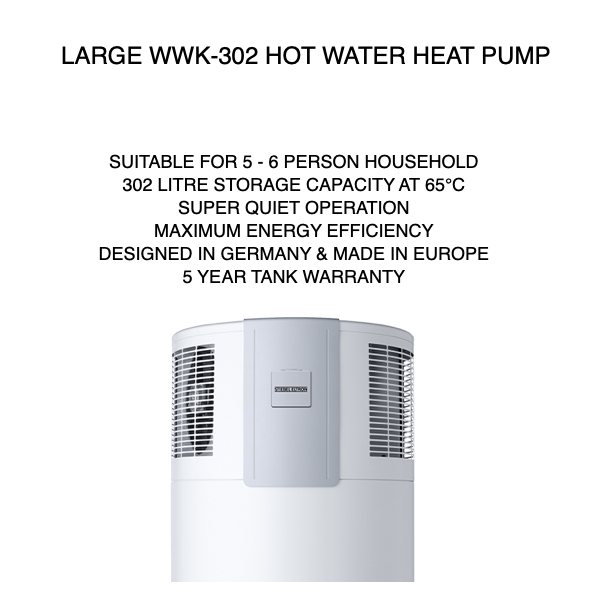
Faq
EnergyLabs processes all orders within one day, and deliveries usually occur within 3 – 5 business days.
EnergyLabs ships from distribution centres in all states and mainland territories (exc. NT)
Shipping is free to Australian Capital Cities (Sydney, Melbourne, Brisbane, Perth, Adelaide, Canberra, Hobart) excluding Darwin. For shipping outside of capital cities we offer delivery at a flat rate of $200.
All products offered by EnergyLabs come with manufacturer’s warranties that generally vary from 2 to 5 years depending on the product and brand.
For your piece of mind only reputable equipment that we know to be of good quality and reliable are offered by EnergyLabs.
Yes, we will do our best to deliver on a specific date, if you request it, but unfortunately cannot guarantee it.
EnergyLabs parent company Euroheat Australia offers installation in Perth and greater WA. EnergyLabs is happy to recommend good installers in your home city or state.
